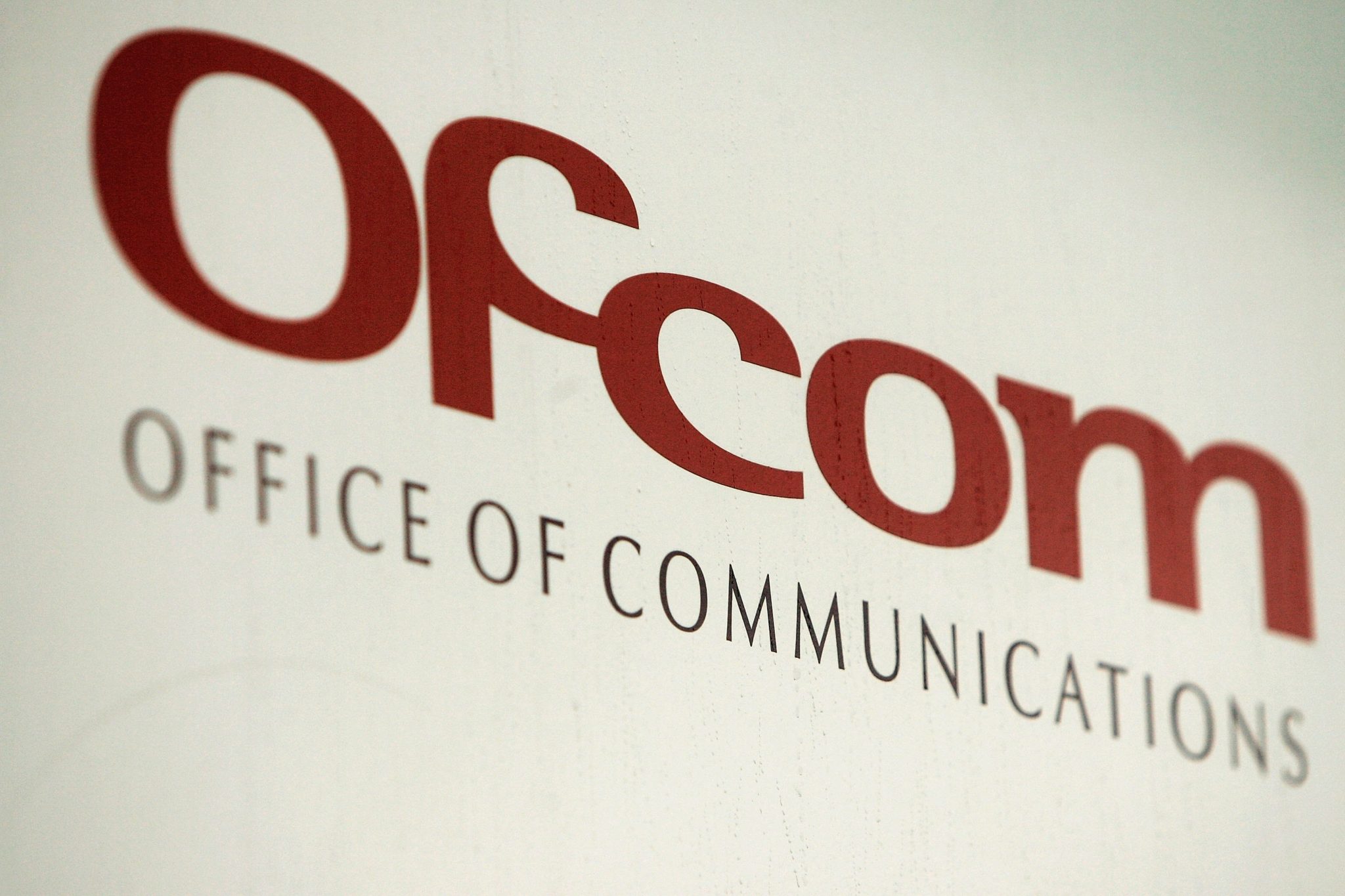The Office of Communication, otherwise known as Ofcom. (Bruno Vincent/Getty Images)
Britain’s media watchdog quietly expanded its definition of hate speech Thursday evening (31 December) to include intolerance of gender affirmation.
The Office of Communications, a communications regulator otherwise known as Ofcom, updated its broadcast code with a refreshed definition of hate speech at 11pm amid Britain’s withdrawal from the European Union.
It will now include “all forms of expression which spread, incite, promote or justify hatred based on intolerance on the grounds of […] gender reassignment”. “Political or any other opinion” was also added to this list.
The definition in full includes: “Disability, ethnicity, social origin, sex, gender, gender reassignment, nationality, race, religion or belief, sexual orientation, colour, genetic features, language, political or any other opinion, membership of a national minority, property, birth or age.”
In bidding adieu to the bloc, Ofcom changed its guidelines, it said. It also stated the move was made to align with the revised Audiovisual Media Services Regulation (AVMS) 2020, a law which regulates what harmful content video-sharing platforms can put out.
The AVMS follows the protected characteristics laid out in the European Charter on Fundamental Freedoms.
Ofcom sought to balance ‘freedom of expression’ with new hate speech definition, says representative
“The importance of freedom of expression in relation to political matters and content that is in the public interest is central to Ofcom’s application of the code and the proposed amendment does not change this,” Ofcom said in a statement.
It added that context was “very important part of Ofcom’s thinking when considering the rules”.
“These are characteristics referred to in Article 21 of the European Charter on Fundamental Freedoms, and Ofcom is required by law to prohibit hate speech against any group covered by the characteristics set out in the Charter,” a representative told the MailOnline.
“We would consider any complaints about potential incitement against those characteristics taking into account the facts of an individual case. As stated in our consultation, any consideration would also take into account freedom of expression.”
Ofcom bosses have increasingly fortified the authority’s protections for trans people. In December 2019, Ofcom chief Melanie Dawes told lawmakers that it is “extremely inappropriate” for broadcasters to “balance” appearances of trans folk with anti-trans individuals.
PinkNews is aware of at least one case in which a BBC programme invited an all-transgender panel to discuss their experiences and varied views on gender recognition – before an intervention by the broadcaster’s editorial policy unit required the inclusion of a cisgender woman with ‘gender critical’ views.
In another instance, an online report on healthcare waiting times for transgender people was altered to include unrelated trans-hostile commentary from the pressure group LGB Alliance.
